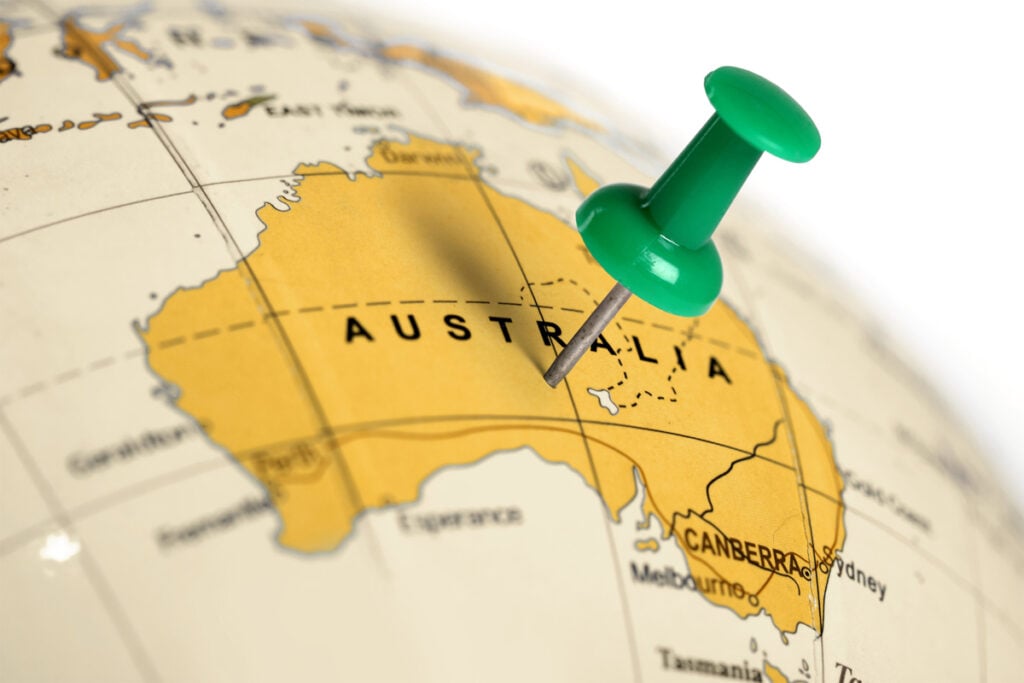The Australian Government is currently considering a GST (Goods and Services Tax) that would impact anyone exporting goods into Australia.
Under the current consultation by the Australian Senate, a number of companies involved have made submissions explaining why this move would lumber them with cumbersome bureaucracy, limit choice for Australian consumers and also penalise those who comply while those who don’t slip through the net. You can read the several submissions from @eBay individually, and collectively with @Alibaba and Etsy collectively by clicking this link. (Let me assure you, they don’t make for thrilling reading.)
Several aspects of the the proposal are troubling the marketplaces. Firstly, some of the responsibility of collecting the GST for the Australian government would fall to the marketplaces, and they argue that they don’t necessarily have adequate data to judge what they should be collecting. Secondly, it would stifle imports to Australia and also not resolve the problems they seek to address. Namely, to help homegrown High Street shops and also get a better tax share from imported goods
eBay has gone so far to say that should the new revenue raiser come into force, that they may make changes that mean Australian could only buy domestically. “Regrettably, the Government’s legislation may force eBay to prevent Australians from buying from foreign sellers. This would deny Australians access to choice and lessen price competition. This solution would not even represent a win for bricks and mortar retailers, because Australians would still find ways to buy online. They would do so direct via dot.coms without paying GST.”
But the Australian Retailers Association is supporting the move. They say all overseas sellers should be mandated to register for the GST. Australia Post and Border Protection would then check them off as items come into Australia. It sounds likes an onerous administrative task and doesn’t address the problem of those that don’t register or merchants who fall under the AU$75,000 turnover threshold.
It will be interesting to see whether Australia adopt this measure. If they do it could very well mean a significant change in the nature of cross-border trade down under.











